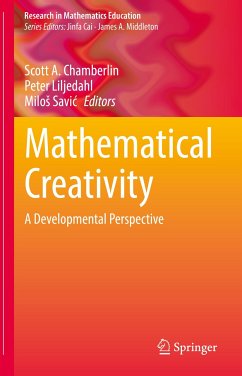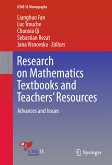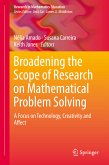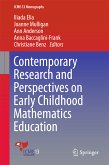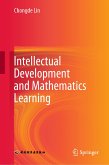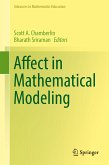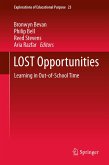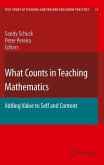This book is important and makes a unique contribution in the field of mathematics education and creativity. The book comprises the most recent research by renowned international experts and scholars, as well as a comprehensive up to date literature review. The developmental lens applied to the research presented makes it unique in the field. Also, this book provides a discussion of future directions for research to complement what is already known in the field of mathematical creativity. Finally, a critical discussion of the importance of the literature in relation to development of learners and accordingly pragmatic applications for educators is provided.
Many books provide the former (2) foci, but omit the final discussion of the research in relation to developmental needs of learners in the domain of mathematics. Currently, educators are expected to implement best practices and illustrate how their adopted approaches are supported by research. The authors and editors of this book have invested significant effort in merging theory with practice to further this field and develop it for future generations of mathematics learners, teachers and researchers.
Dieser Download kann aus rechtlichen Gründen nur mit Rechnungsadresse in A, B, BG, CY, CZ, D, DK, EW, E, FIN, F, GR, HR, H, IRL, I, LT, L, LR, M, NL, PL, P, R, S, SLO, SK ausgeliefert werden.
Hinweis: Dieser Artikel kann nur an eine deutsche Lieferadresse ausgeliefert werden.

